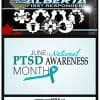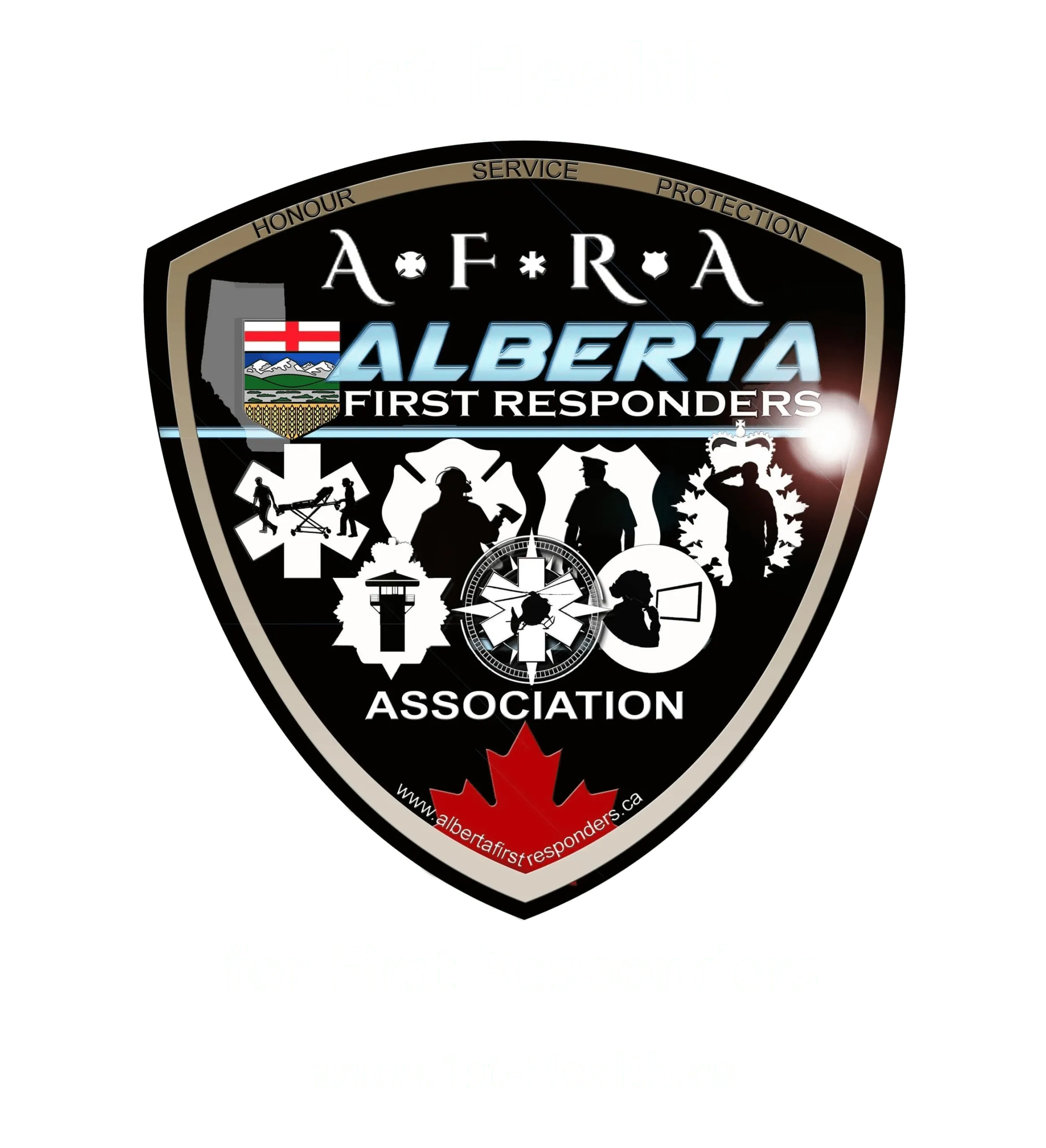Module 10: Navigating Organizational Support & Protocols
This module clarifies how your organization is a partner in your well-being. It empowers you, an Alberta first responder, to proactively understand, access, and advocate for the support systems available to you within your department and through broader initiatives. It also highlights how you can contribute to a workplace culture that truly fosters holistic health.
Introduction: Your Organization as a Partner in Your Health
Beyond Individual Responsibility:
While your personal commitment to self-care and resilience is vital, robust organizational support is an equally crucial component of your well-being as a first responder. You are not alone in this journey.
Shared Commitment:
Your organization – whether it’s an RCMP Detachment, an AHS EMS Station, a municipal Fire Department, or Correctional Services – has a shared commitment to your health. A healthy workforce ensures effective service delivery to the communities of Alberta.
Your Right to Support:
Understand that essential health support should be easily accessible, timely, and not financially burdensome. This module will help you understand how these principles translate into tangible resources available to you.
Section 10.1: Understanding Available Support Systems for Alberta First Responders
Employee Assistance Programs (EAPs):
A detailed overview of your departmental EAP services. These are confidential, free, and designed to help with a wide range of personal and work-related issues.
Actionable Tool: Know Your EAP!
-
-
- Find your EAP contact number and website.
- Understand what services they offer (counseling, financial advice, legal consultation, elder care, etc.).
- Confirm if family members can also access services.
- Know how to initiate a confidential contact. Don’t wait for a crisis to look up the number.
-
Peer Support Programs:
Your colleagues who have walked a similar path can offer invaluable support. Learn about your departmental peer support teams.
Actionable Tool: Engage with Peer Support:
-
-
-
- Identify who your peer support contacts are.
- Understand their role: they listen, offer empathy, and guide you to resources. They are not therapists.
- Reach out after a difficult call, or just when you need to talk to someone who “gets it.”
-
-
Critical Incident Stress Management (CIS) Teams:
These are structured processes (defusings, debriefings) designed to help process difficult incidents. They are crucial for all Alberta emergency services personnel to prevent the lingering effects of trauma.
Internal Health & Wellness Units/Personnel:
Many departments have dedicated resources. Identify specific individuals or units (e.g., HR, wellness coordinators, health and safety officers) responsible for promoting and managing health and wellness initiatives within your organization.
External Partnerships & Community Resources:
Beyond your department, there are organizations dedicated to first responder well-being in Alberta. These include charities like Legacy Place Society, provincial mental health services (e.g., Alberta Health Services Mental Health Link), and specialized trauma therapists.
Section 10.2: Accessing Support & Understanding Protocols
“Easily Accessible & Timely”:
Practical steps for initiating contact with support services. Don’t let bureaucratic hurdles delay your access to help.
Actionable Tool: Navigating Barriers:
-
-
- If initial contact is difficult, don’t give up. Ask a peer support member or trusted supervisor to help you navigate the system.
- Be clear about your immediate need: “I need to talk to someone today/this week about X.”
-
Confidentiality & Trust:
Understand the level of confidentiality offered by different services. EAPs are typically highly confidential. Peer support is generally confidential with limits (e.g., duty to report harm to self or others). Know these boundaries before sharing.
Understanding “Mandatory Intervention Protocols”:
Learn about your specific departmental policies or protocols around health decline, injury, or critical incidents that may trigger mandatory assessments or interventions. This knowledge empowers you to understand the process and your rights within it, and to cooperate constructively.
The “No Financial Burden” Principle:
Essential health supports should not create financial hardship for Alberta first responders. Understand how to navigate benefits, insurance claims, or workers’ compensation processes to ensure you receive the care you need without undue stress. If you face financial barriers, ask your EAP or HR for guidance.
Advocating for Your Needs:
Develop the skills to articulate your health needs clearly and advocate for appropriate support within established protocols. Your voice is important in shaping better support systems for all Alberta first responders.
Section 10.3: Fostering a Culture of Well-being in Your Alberta Department
Leadership’s Role in Health:
Recognize how the commitment and actions of your leadership (from sergeants to chiefs, station captains to hospital administrators) profoundly impact the overall health culture of your department or agency across Alberta. Supportive leadership makes all the difference.
Recognizing Sanctuary Trauma:
Educate yourself on what “sanctuary trauma” is – the secondary injury or distress experienced within the very system meant to provide support. Learn to identify its signs within an organization and understand its negative impact on trust and well-being. If you experience this, it’s not a reflection on you, but on the system.
Challenging Stigma from Within:
You, as an Alberta first responder, have immense power to combat mental health stigma among your peers and in the workplace. Share your experiences (appropriately), speak openly about seeking help, and encourage others to do the same. Be the change you want to see.
The “Collective, Community-Driven Approach”:
Understand how your individual actions, whether it’s checking in on a colleague or participating in a wellness initiative, contribute to a stronger, more supportive organizational community for all Alberta first responders. Your support for others creates a safer space for you.
Participating in Wellness Initiatives:
Actively engage in departmental training, educational campaigns (like the “1st Health for First Responders” campaign), and feedback mechanisms. Your input is valuable in shaping a truly proactive and supportive health environment. If there’s a wellness committee, consider joining it.
Becoming a “Health Advocate”:
Inspire yourself and others to be champions for personal health and the collective well-being of your colleagues across Alberta. Your strength isn’t just in what you do for others, but in how you care for yourself and for each other, ensuring a long and healthy career.



